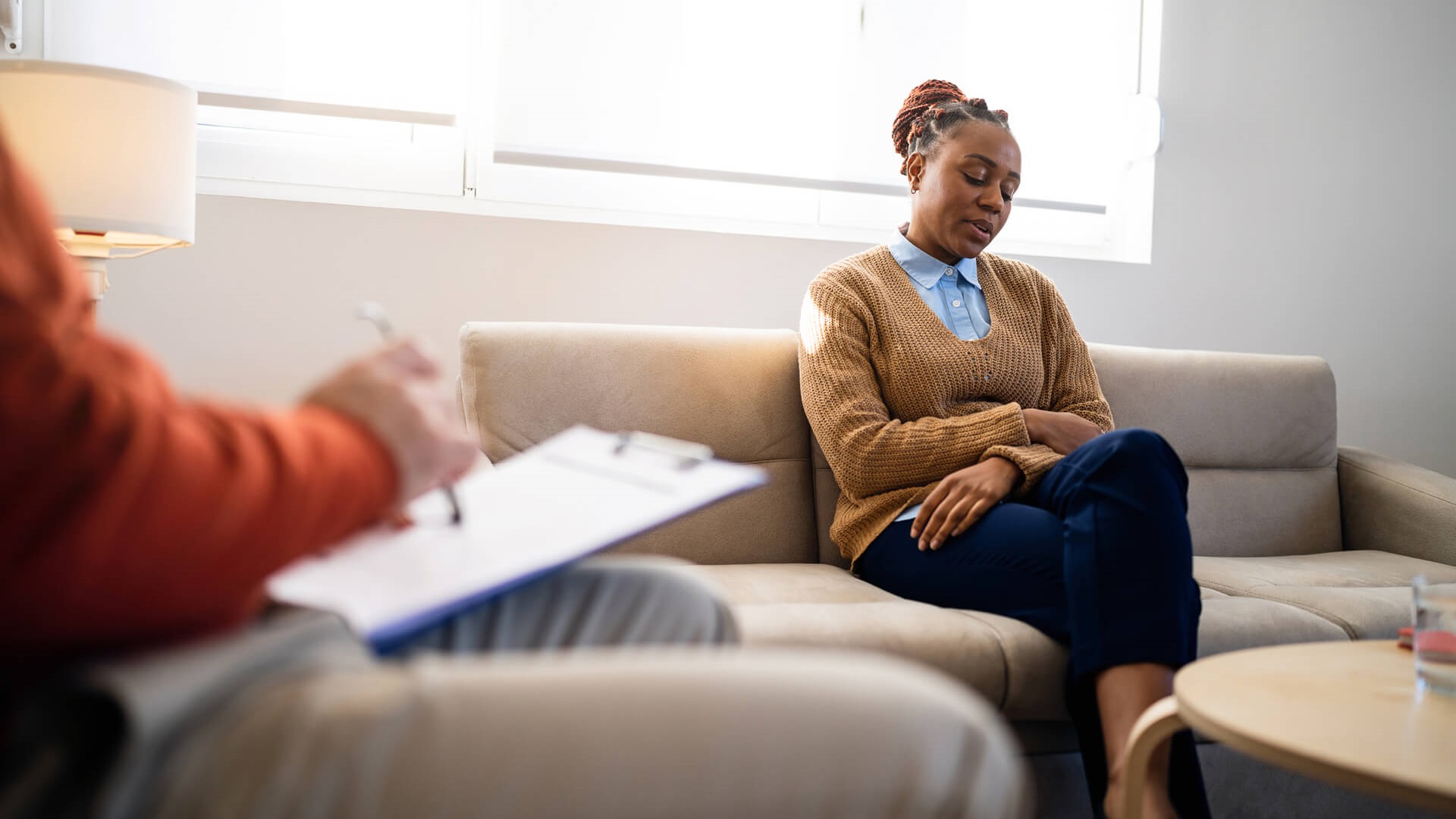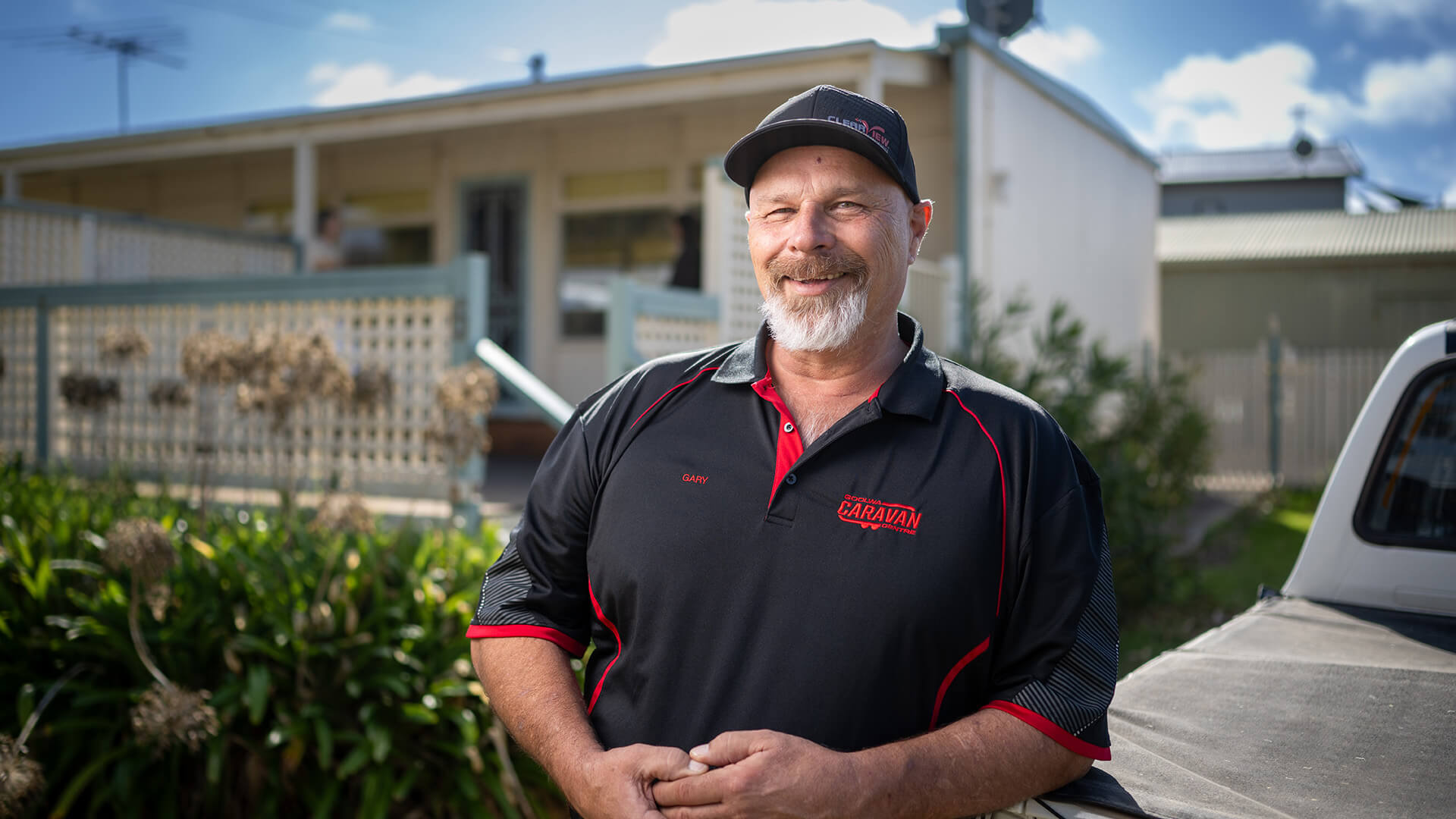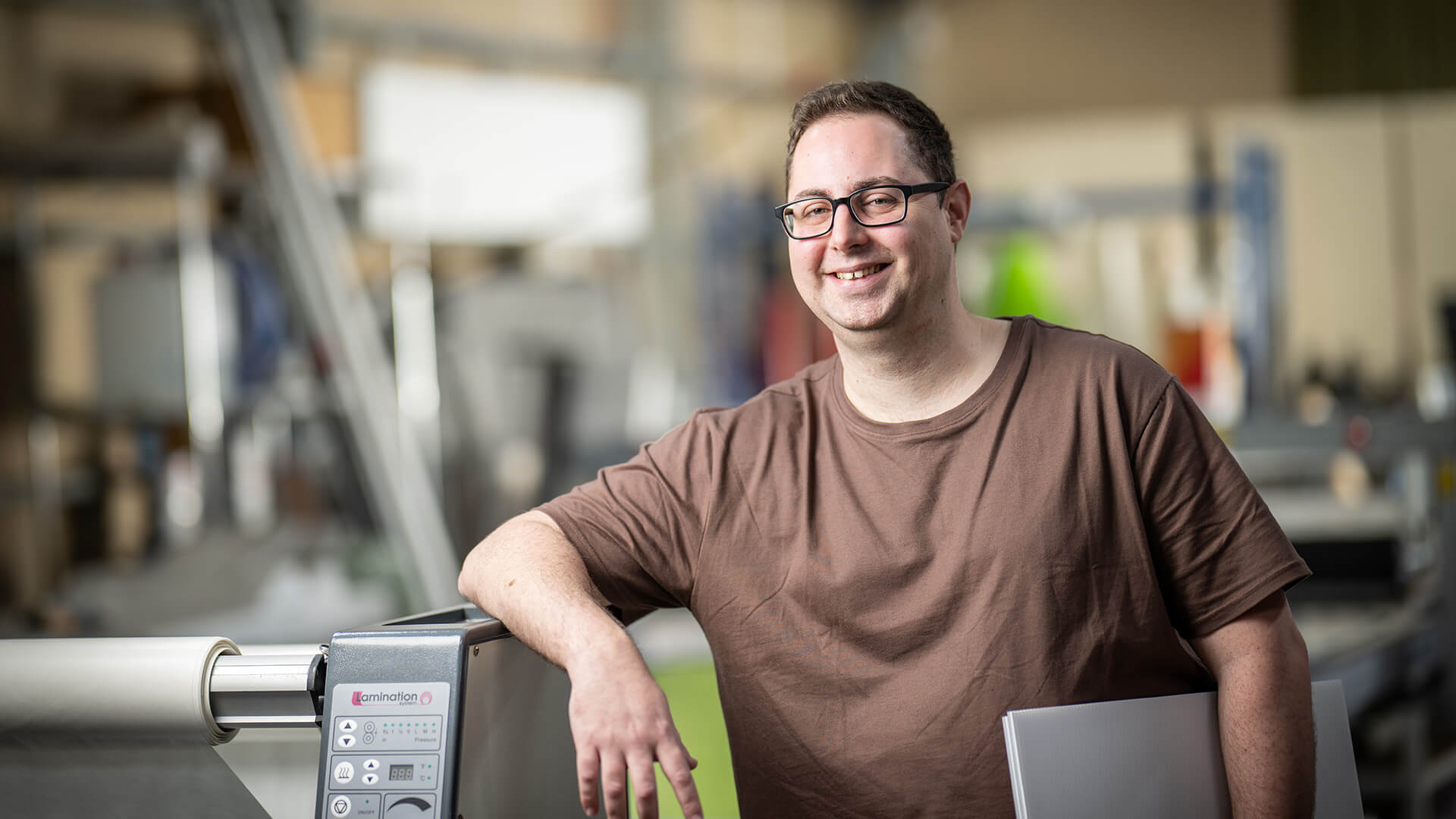10 strategies to cope with PTSD on a daily basis
Coping with PTSD in daily life can be challenging, but implementing practical coping strategies can help you manage symptoms and regain control over your wellbeing.
Here are ten techniques you can try that may help to support your journey with PTSD.
1. Practise mindfulness
Mindfulness encourages you to focus on the present moment, helping to ease the impact of PTSD symptoms like flashbacks and anxiety.
Engaging in practices such as yoga, meditation, and deep breathing can help you stay grounded, regain control over your thoughts and emotions, and reduce the intensity of your symptoms.
2. Stick to a routine and structure
Establishing a daily routine provides a sense of predictability and control, which can be grounding when living with PTSD.
Having a structured day with set times for waking up, meals, work or activities, relaxation, and sleep can help reduce anxiety and create a stable and safe environment.
3. Engage in regular physical activity
Regular exercise, such as walking, swimming, or participating in your favourite sport, is a powerful way to reduce stress.
Physical activity releases endorphins, the body's natural mood enhancers, and can help break the cycle of negative thoughts associated with PTSD. It also promotes better sleep and boosts overall wellbeing.
4. Build strong social connections
Building a supportive network of friends, family, and support groups provides a safety net of understanding and empathy.
Sharing experiences with others who understand what you’re going through can reduce feelings of isolation and offer new perspectives on managing PTSD.
5. Try cognitive behavioural techniques
Cognitive behavioural techniques, such as challenging negative thoughts (cognitive restructuring) and exposure therapy, can significantly alter harmful thought patterns related to PTSD.
These techniques involve recognising and reframing irrational thoughts and gradually exposing yourself to memories of the traumatic event in a controlled, therapeutic setting with a mental health professional.






